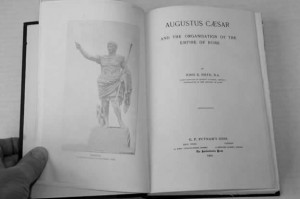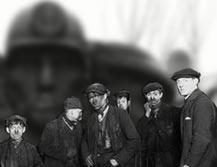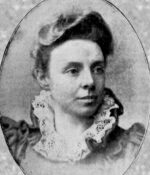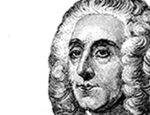Description

Meet the miners of Bargoed, whose library contained many books on classical history and thought. Bargoed colliery in Caerphilly (Monmouthshire, South-East Wales) was famous in its day. The first shaft began to be sunk in 1897, but in 1901 a massive seam was discovered 625 yards underground. By 1910 nearly two thousand miners were working at Bargoed, and they hit the headlines on 10th December 1908, when they broke the world coal production record, with 3,562 tons in a single ten-hour shift.
But even after ten-hour shifts the Bargoed pitmen, like all the miners of South Wales, had a thirst for reading. Their coal-fields boasted no fewer than 109 miners’ institutes with libraries, from which about twenty catalogues are extant. It is from Bargoed that the most complete data has survived. The precious ‘Condensed Accessions Book’, now in the South Wales Coalfield Collection at Swansea University Library, details its holdings by 1921-2. Texts in Latin and Greek, unsurprisingly, do not feature: until 1918 almost all the miners had left school on their 13th birthday. But the ‘alternative classical curriculum’ of the working miner was very wide-ranging indeed. The ancient authors in translation are predominantly philosophical or religious: English translations of selected dialogues of Plato, Aristotle’s Nicomachean Ethics, Marcus Aurelius’ Meditations and the works of Josephus.
 The miners loved biography from every era, and could find on their shelves J.L. Strachan-Davidson’s Cicero (1894), John B. Firth’s Augustus Caesar (1902), and J.B. Forbes’ Socrates (1905). They learned about the Greeks from H.B. Cotterill’s Ancient Greece (1913, and notably concerned with philosophy and art), the Egyptians from George Rawlinson’s Herodotean History of Ancient Egypt (1880) and the Romans from Eva March Tappan’s History of the Roman People (1912) as well as Gibbon’s Decline and Fall.
The miners loved biography from every era, and could find on their shelves J.L. Strachan-Davidson’s Cicero (1894), John B. Firth’s Augustus Caesar (1902), and J.B. Forbes’ Socrates (1905). They learned about the Greeks from H.B. Cotterill’s Ancient Greece (1913, and notably concerned with philosophy and art), the Egyptians from George Rawlinson’s Herodotean History of Ancient Egypt (1880) and the Romans from Eva March Tappan’s History of the Roman People (1912) as well as Gibbon’s Decline and Fall.
The modern author whose works on antiquity features largest is probably Andrew Lang, versatile Scottish classicist, novelist and translator: his Homer and his Age (1906) and Tales of Troy and Greece (1907) provided the miners’ point of access to ancient mythology. But this is just a small selection of the works on the ancient Mediterranean world available in that Institute Library. The mine was closed forever in 1977 but the culture of the people who laboured in it is now the subject of intensive research.
n.b. around 1900







